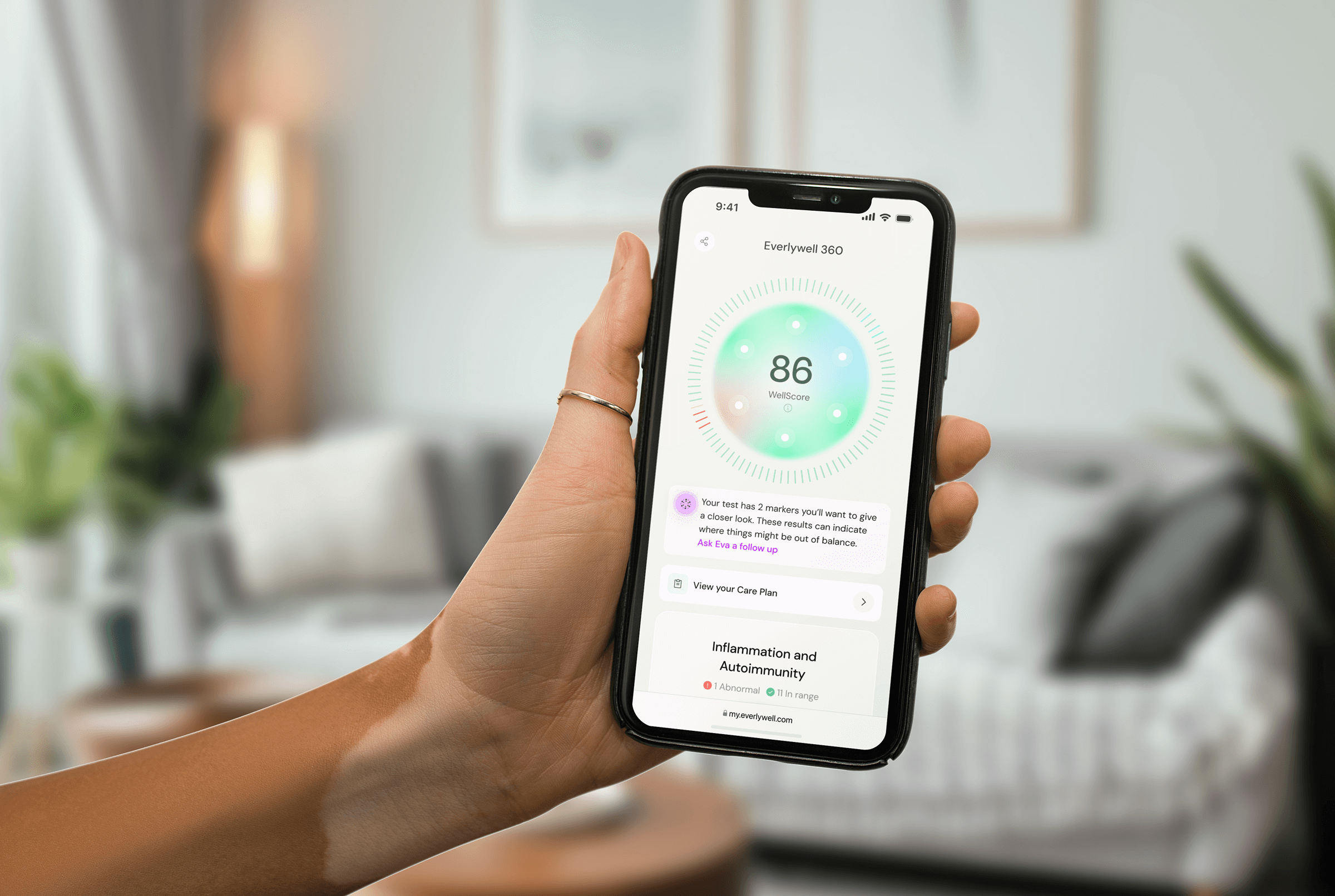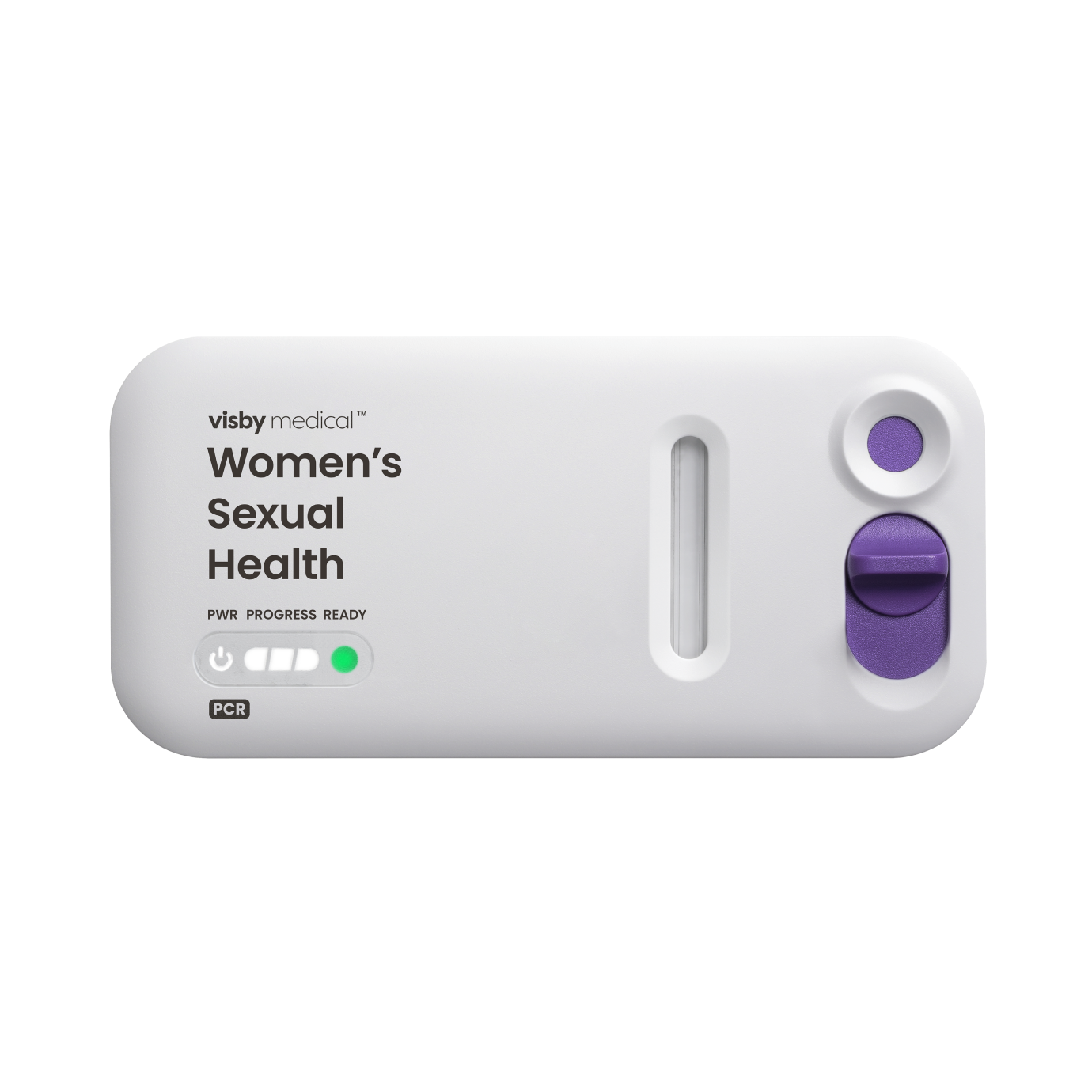
A biomarker is actually “biological marker” and it refers to a wide variety of organic substances, such as a metabolite or a hormone, that can be measured to explain a certain set of symptoms or biological process. Biomarkers are used in conjunction with symptoms and physical exam findings to help healthcare providers determine if a medical condition or disease state exists in an individual.
What is an Assay?
An assay, also called a bioassay, is a way to measure the activity or presence of a biological substance in a controlled setting in a laboratory. Results can be qualitative (positive / negative), quantitative (resulting absolute numbers), and/or compared against known normal values or strengths.
How do biomarkers differ from DNA?
DNA is a set genetic code that we are born with and is a large instruction manual for all the cellular functions in our bodies. DNA does not change significantly unless damage to our cells occurs; an example would be repeated UV radiation exposure from the sun changing the cells of our skin and producing a cancer. Biomarkers are substance made by our cells. How much or when certain biomarkers are made can be the influence of what our DNA is instructing the cells to do; an example would our bodies making certain amounts of each sex hormone based on having two X chromosomes or one X and one Y chromosome.
Get started
Latest offers

Getting answers is in your blood. Know with Galleri multi-cancer early detection test
Learn more
Explore Everlywell









